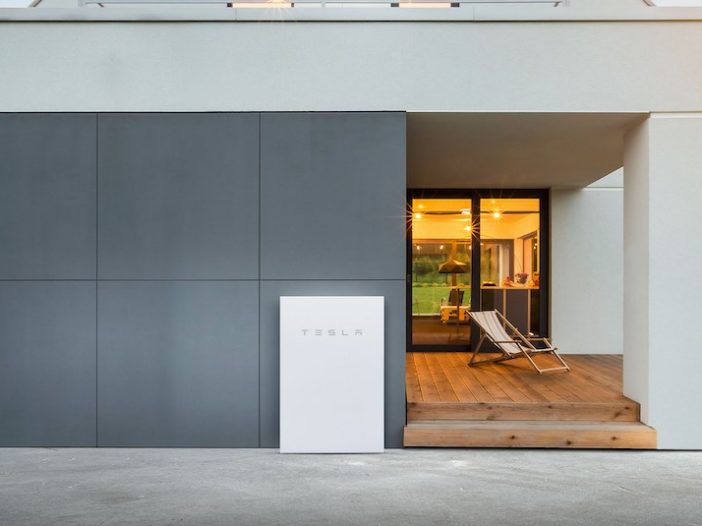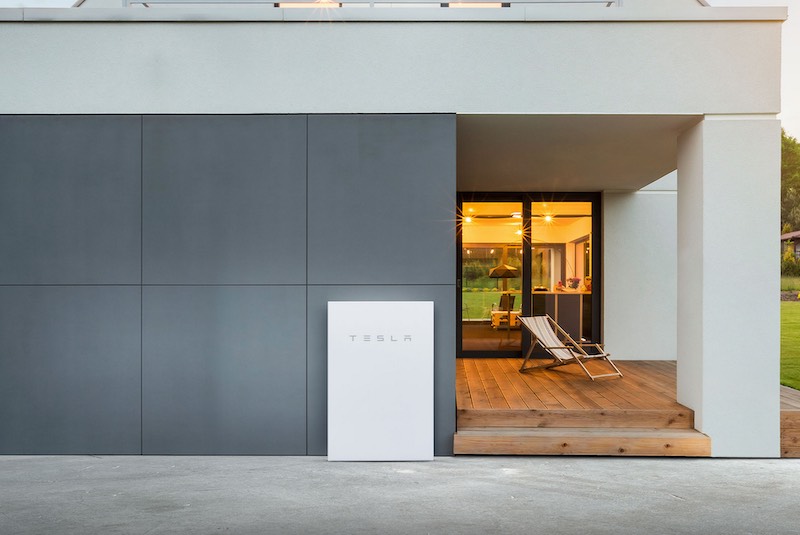
Smart appliances, rooftop solar and electric cars with two-way charging could spark an economic boost of at least $19 billion by 2040.
Energy, sustainability and climate change expert Gabrielle Kuiper has called for the assets to be treated as seriously as large-scale generation and transmission for investment, planning and regulation.
Known as consumer or distributed energy resources (DER), millions of things operate in an electricity grid like a distributed or remote workforce – plugging in at the optimum times and storing energy for later if properly co-ordinated.
A meta-analysis of nine studies found flexibility will be vital to unlock the most value from electrification and could slash the costs of changing to clean energy sources.
Importantly, consumers should be paid for “flexing” their energy needs, Dr Kuiper said.
Speaking at an energy conference at Curtin University, she estimated at least $19 billion in reduced or avoided network and generation costs by 2040 if Australia takes advantage of household resources – including a saving of $11 billion on new transmission.
“Then there is another $10 billion in reduced generator super-profits from flattening the evening and summer peaks,” she said.
Heat pumps, hot water, home battery systems and electric cars are the “Swiss army knife” of the electricity system and could support the whole grid, she said.
But for every day that passes without significant reform to support DER, these benefits reduce, Dr Kuiper warned.
She called for urgent action to make the necessary technical, regulatory and market reforms to integrate the assets into the national electricity market.
“We are only beginning to understand its potential,” Dr Kuiper said.
DER can provide generation, storage and flexible demand – and when co-ordinated – can provide network services, emergency power supplies and ancillary services to support the whole electricity system.
Energy ministers are expected to discuss a consumer energy resources road map at their meeting in Canberra on March 1.
“If we want to underpin Australia’s future economic prosperity with lower electricity and transport costs and electrification to eliminate dependency on gas prices, we need courageous action on DER integration,” Dr Kuiper said.
Source: AAP



